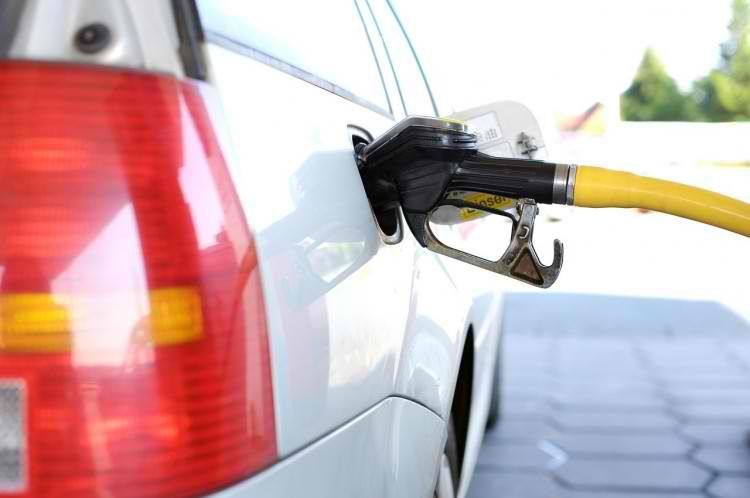The Different Consequences of Having the Wrong Fuel in Your Car

The humble gas station attendant has an unenviable job. Even when they're good at their work, the daily grind becomes so mundane that it's easy for them to run on autopilot or allow distractions to seep in. Thus, they succumb to mistakes from time to time. Unfortunately for you, their most common error can mean terrible things for your car. Putting in the wrong fuel in your car can lead to irreparable damage if you don't act fast. That said, for better or worse, the outcome can be minimal or serious depending on your type of engine and the fuel that was put in.
Putting diesel fuel in a gas engine
The good news is, if you have a gas engine and the attendant put in diesel, this should not cause any serious problems, because diesel will not ignite. The car will run for a few kilometers or so, but when the gasoline left in the tank gets all used up and only diesel remains, the engine will shut down. After that, the car will have to be towed and the diesel fuel drained completely from the system.
Putting gas fuel in a diesel engine
On the other side of the coin, pouring gas in a diesel car can be extremely harmful, and your problem can be compounded depending on the amount of gas that was put in. Even a little amount of gasoline can cause the diesel fuel to ignite prematurely, which can lead to engine damage. The more gasoline, the bigger the combustion. Aside from that, gasoline contamination can also impact the fuel pump, diesel injectors, and other components of the fuel system.
Putting in higher-octane gas in a low-octane car
Many car owners believe that putting in a higher octane than what the car requires improves performance, but the truth is it doesn’t. Higher-octane fuel does not ignite as easily as lower-octane fuel, which means no issues, but no improvements either. An engine that has a 90 octane rating has its timing set for that particular octane, so performance doesn't change. Bottom line, you won't have to worry much if the gas attendant puts in higher-octane fuel.
Putting in lower-octane gas in a high-octane car
This isn't cut-and-dry. It can affect your car, or it may not. Modern cars have what's called a knock sensor that will help compensate the timing, but it's only effective when you're cruising. If you're frequently in stop-and-go traffic, the knock sensor won't be able to make its adjustments in time, which can result in engine knock. Run your car for extended periods with this problem, and it can lead to serious damage.
Putting in higher-cetane diesel in a low-cetane car
Unlike gas engines, diesel engines can benefit from the use of higher-cetane fuel. The higher the cetane rating, the quicker the fuel will ignite, and the more completely it will burn. This means faster starts, better combustion efficiency, and lower harmful emissions. If you notice the improvement, you can thank the gas boy for his error when you get back to the station.
Putting in lower-cetane diesel on a high-cetane car
Conversely, the opposite is true: lower cetane diesel fuel results in performance issues in a diesel engine, mainly because of incomplete combustion that leads to increased emissions. A lower cetane number can also result in engine damage over time, but this won't be a problem if you can go back to your regular cetane rating the next time you refuel.
Featured Articles
- Latest
- Popular
Recommended Articles For You
Featured Cars
- Latest
- Upcoming
- Popular
Car Articles From Zigwheels
- News
- Article Feature
- Advisory Stories
- Road Test


